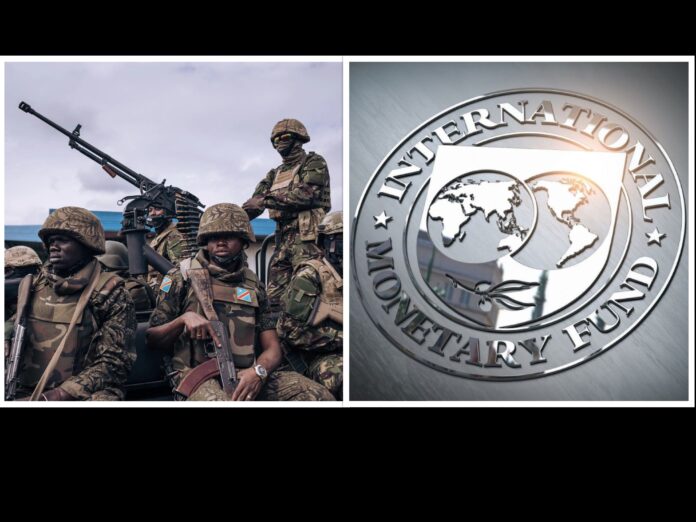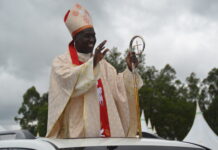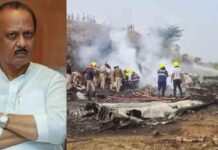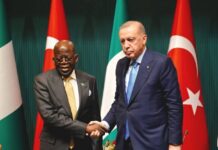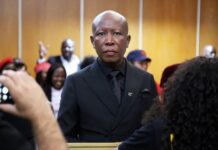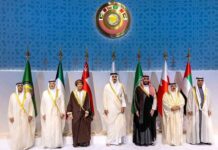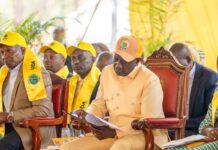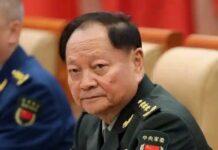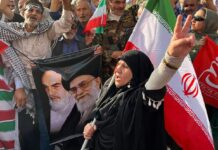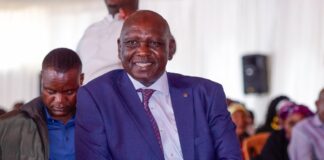The intensifying conflict in eastern Democratic Republic of Congo is weighing heavily on the country’s public finances, the International Monetary Fund (IMF) said Tuesday, as fighting with the M23 rebel group continues to escalate.
The Rwanda-backed M23 rebels have made significant territorial gains this year, staging their most aggressive advance in over a decade and seizing key cities including Goma in late January and Bukavu weeks later. The renewed violence marks a severe resurgence in a decades-long conflict that has plagued the mineral-rich region.
In a statement following a visit to the Congolese capital Kinshasa, the IMF said the government’s revenues have taken a hit due to the closure of tax offices in rebel-controlled areas and recent measures to cushion households from rising living costs. Basic food products have been temporarily exempted from customs duties and value-added tax in a bid to ease inflationary pressures.
“Together, these developments have led to a revenue shortfall,” the IMF noted. The financial strain has been compounded by surging security expenditures, with the finance ministry announcing in March that it had doubled the salaries of military and police personnel in an effort to boost morale amid the ongoing conflict.
Despite the fiscal challenges, the IMF confirmed that it had reached a staff-level agreement with Congolese authorities on the first review of a three-year Extended Credit Facility (ECF) programme. The agreement, it said, reflects adjustments made in light of the deteriorating security situation.
“The government has reaffirmed its commitment to the objectives of the ECF-supported program, which has been recalibrated to reflect the new realities following the intensification of the conflict,” the IMF said.
The updated programme aims to preserve fiscal sustainability while creating space in the budget for urgent security and humanitarian needs, the Fund added.
The resurgence of M23 has reignited regional tensions, particularly with neighboring Rwanda, which the United Nations and Western governments accuse of supplying arms and military support to the rebel group. Rwanda has denied the allegations, insisting its actions in the region are defensive and aimed at protecting its borders from Congolese forces and a militia founded by perpetrators of the 1994 Rwandan genocide.
The conflict continues to threaten stability in a region that is home to vast reserves of tantalum, gold, and other critical minerals essential for global supply chains.
As diplomatic efforts falter and humanitarian needs escalate, analysts warn that without sustained international engagement and regional cooperation, the crisis in eastern Congo could spiral further out of control—undermining both economic recovery and peacebuilding efforts.
By Kelly Were









